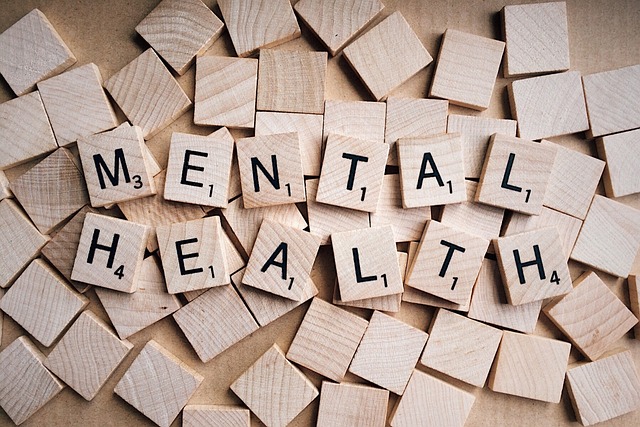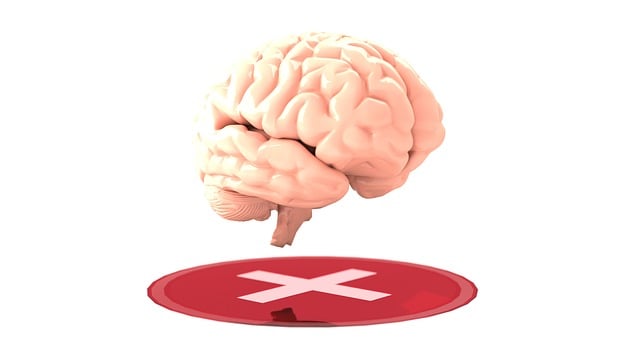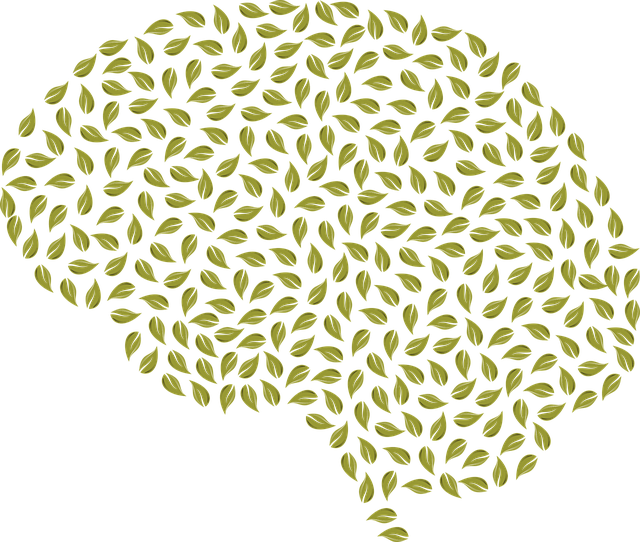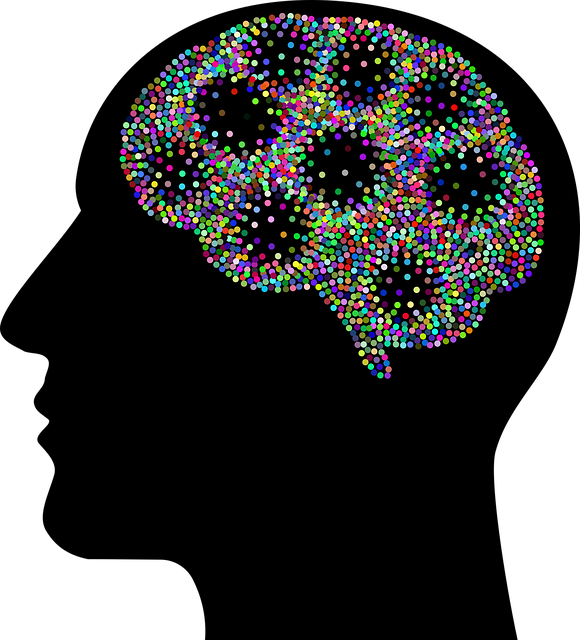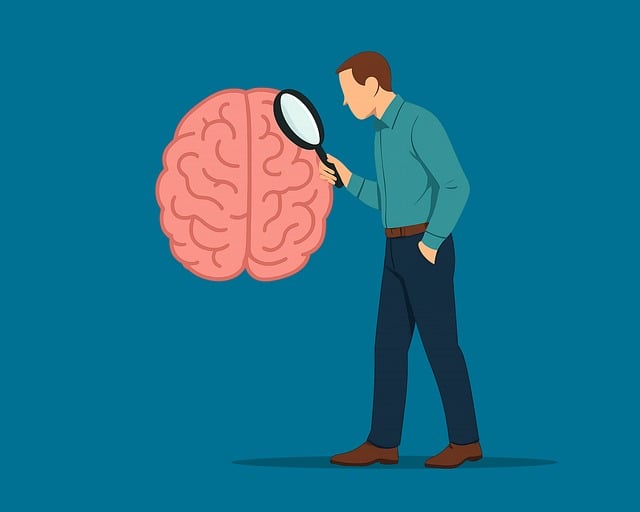Children's mental wellness is significantly impacted by their anger management skills, often overlooked in traditional development discussions. Facilitators teach youth to recognize, understand, and healthily channel their emotions, addressing root causes linked to trauma or past experiences. Compassion cultivation techniques, integrated with therapy, create safe spaces for emotional processing and empathy development. This holistic approach equips children with adaptive anger management strategies, positively influencing mental health and social interactions. In group settings, structured activities and organic communication foster mental wellness, role-playing scenarios aid anger management, and safe spaces encourage emotional expression and peer support. Cultural sensitivity ensures inclusivity and empowers kids to develop healthy coping mechanisms and build resilience for better emotional well-being, focusing on therapy for children's anger management.
Mental wellness group facilitation plays a pivotal role in fostering resilience and emotional well-being among children. This article delves into two key areas: understanding children’s mental wellness, with a specific focus on anger management. We explore effective facilitation techniques tailored for group settings, offering engaging activities to create a nurturing environment. Through group therapy, children can navigate their emotions, develop coping strategies, and foster positive peer interactions, ultimately enhancing their overall mental health and social skills. Discover practical insights into facilitating these transformative sessions, especially in managing anger.
- Understanding Children's Mental Wellness and Anger Management
- Facilitation Techniques for Group Settings
- Engaging Activities to Foster a Supportive Environment
- Supporting Children's Emotional Growth Through Group Therapy
Understanding Children's Mental Wellness and Anger Management

Children’s mental wellness is a critical aspect often overlooked but profoundly impacts their overall development and future trajectory. Facilitators play a vital role in fostering healthy emotional expression, especially when addressing anger management issues prevalent among youth. Anger, an inherent human emotion, can become problematic if not managed constructively. In the context of therapy for children, anger management goes beyond suppressing feelings; it’s about teaching them to recognize, understand, and channel their emotions healthily.
Understanding the root causes of a child’s anger is essential in developing effective strategies. Many times, unprocessed trauma or past experiences can trigger intense emotional responses. Compassion cultivation practices have shown promise in these scenarios, offering a safe space for children to process their feelings and develop empathy towards themselves and others. By integrating such techniques with traditional therapy approaches, facilitators can promote emotional well-being, enabling children to manage anger in adaptive ways that positively influence their mental health and social interactions.
Facilitation Techniques for Group Settings

In group settings, facilitating mental wellness involves a blend of structured activities and organic interactions designed to foster open communication and emotional expression. Techniques like role-playing scenarios can help children navigate and express their emotions effectively, particularly in addressing issues such as anger management. By creating a safe space where peers can offer support and learn from each other’s experiences, facilitators promote Emotional Intelligence, which is crucial for depression prevention.
Cultural sensitivity plays a vital role in group facilitation, ensuring that activities resonate with diverse backgrounds and experiences. This approach not only enhances inclusivity but also allows participants to share unique perspectives, enriching the overall therapeutic experience. Through these methods, mental wellness groups can effectively support children in developing healthy coping mechanisms and building resilience, ultimately fostering better emotional well-being.
Engaging Activities to Foster a Supportive Environment

Creating a safe and supportive environment is key to effective group facilitation for mental wellness, especially when working with children. Engaging activities play a significant role in fostering connections and building trust among peers. Techniques like icebreakers, where members introduce themselves through creative means, can help break the ice and encourage active participation. These activities not only make sessions more enjoyable but also facilitate better communication, enabling children to express their feelings and experiences more openly.
Additionally, incorporating conflict resolution techniques and crisis intervention guidance into these activities can provide valuable learning opportunities. By modeling positive behaviors and teaching proactive strategies, facilitators empower children with anger management skills. Through role-playing scenarios or group discussions, kids learn effective communication methods, emotional regulation techniques, and conflict de-escalation strategies. Such interactive approaches not only boost confidence but also equip them with tools to navigate challenging situations in their daily lives.
Supporting Children's Emotional Growth Through Group Therapy

Group therapy offers a unique and powerful environment for children to explore and manage their emotions, fostering emotional growth and resilience. Facilitators play a crucial role in creating a safe and supportive space where young participants can learn valuable coping skills and build empathy for themselves and others. Through interactive activities, games, and discussions, therapists guide children in understanding and expressing their feelings effectively.
One of the key techniques is teaching anger management strategies, helping kids identify and control their emotions. This process involves encouraging open communication, promoting calm-down techniques, and fostering positive ways to resolve conflicts. By participating in group therapy sessions, children gain valuable tools for stress management, which can be particularly beneficial for preventing burnout and building long-lasting empathy within the peer group.
Mental wellness group facilitation plays a pivotal role in addressing children’s emotional challenges, particularly anger management. By employing engaging activities and effective techniques, facilitators create a supportive environment that fosters emotional growth. Understanding children’s mental wellness and implementing tailored group therapy sessions can significantly impact their overall well-being. These strategies not only help kids navigate and express their emotions healthily but also equip them with valuable coping mechanisms for life.
